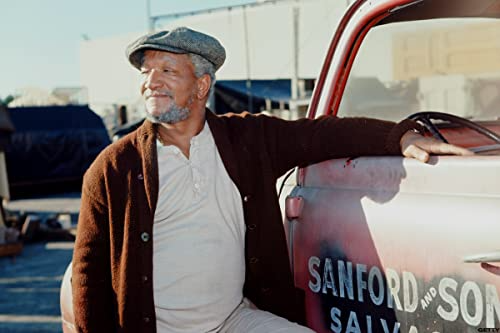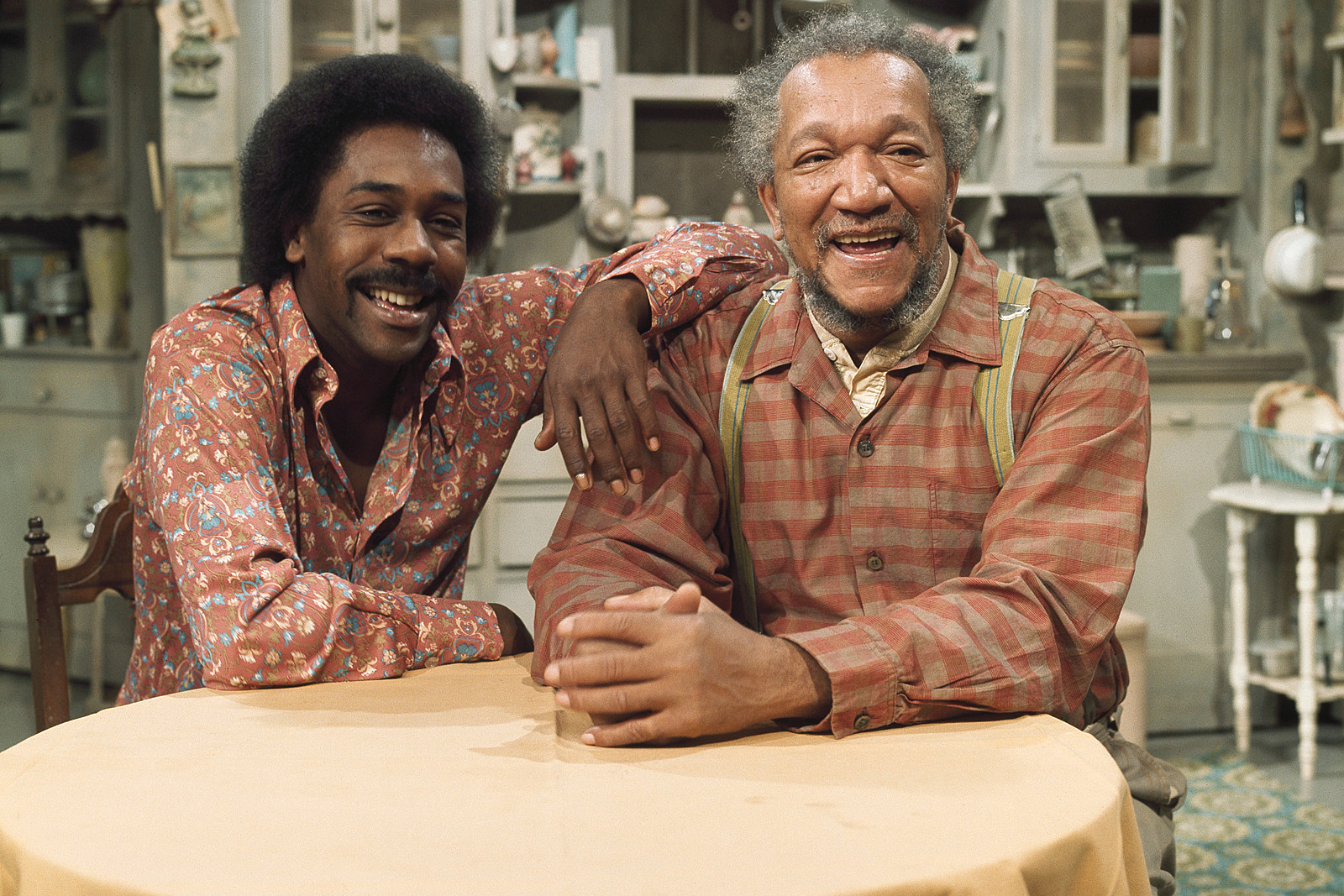
In an age where sitcoms dominate streaming platforms, few remember the scrappy brilliance of Sanford and Son, a 1970s show that turned a junkyard into comedy gold. Adapted from the British series Steptoe and Son, this American classic starred Redd Foxx as Fred Sanford, a cantankerous, sharp-tongued junk dealer, and Demond Wilson as Lamont, his long-suffering son.
What made Sanford and Son so iconic wasn’t just its setting or the simplicity of its premise—it was the chemistry between the leads. Redd Foxx, a veteran stand-up comedian, brought Fred Sanford to life with wit, sarcasm, and physical comedy that felt improvised yet always perfectly timed. His fake heart attacks (“This is the big one, Elizabeth!”) became catchphrases that still echo through pop culture.

But beyond the laughs, the show tackled themes rarely seen on television at the time. It portrayed a working-class Black family with complexity, showing financial struggles, generational conflict, and resilience—all without losing its humor. Fred’s unapologetic attitude and Lamont’s dreams of upward mobility reflected real tensions of the era, subtly wrapped in laughter.
The show’s legacy continues in surprising ways. Its influence can be felt in shows like The Bernie Mac Show or Black-ish, where humor is used to dissect social truths. Even today, the show feels refreshingly bold.
So, how did a grumpy junk dealer capture the hearts of millions? Maybe because, beneath the insults and slapstick, Sanford and Son offered something timeless: a raw, relatable look at family, pride, and survival—with a punchline always around the corner.